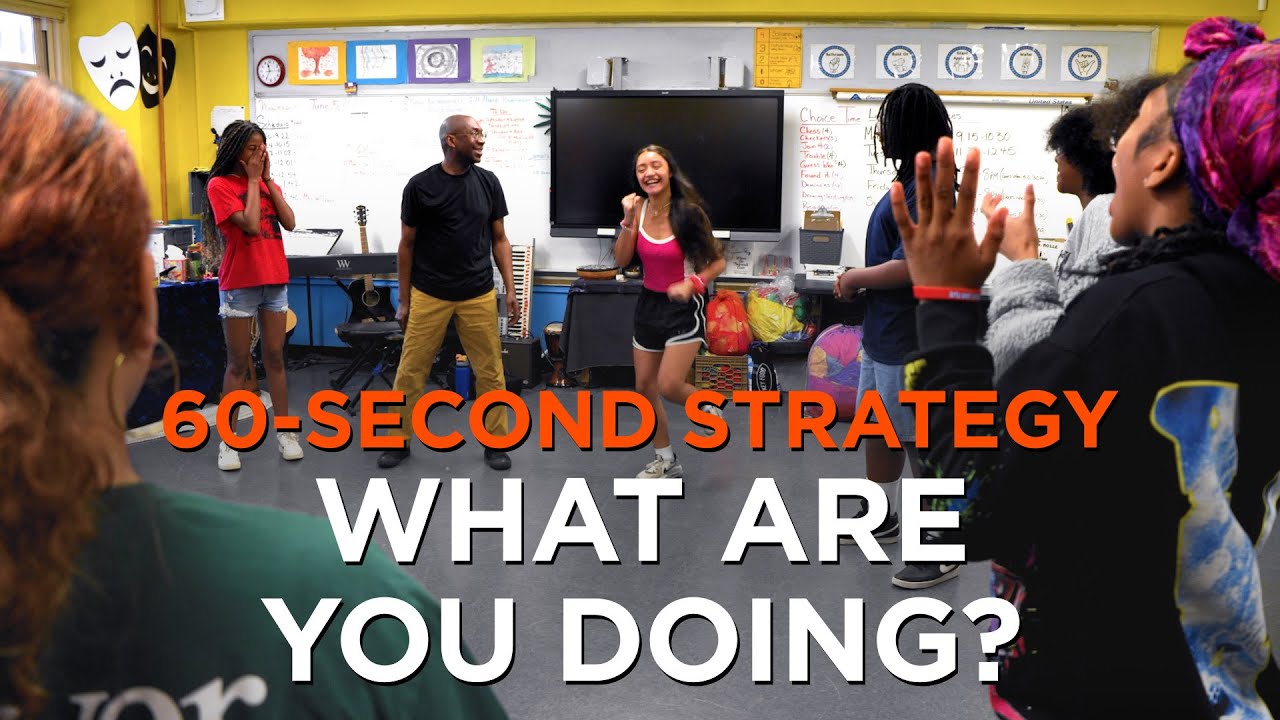Are you looking for a fun and engaging game to play with friends or family in just 60 seconds? Look no further than the ‘What Are You Doing?’ game. This fast-paced game is perfect for gatherings, parties, or even just to pass the time. It’s a great way to get everyone involved and laughing as they try to think on their feet and come up with creative answers.
The rules of the game are simple: one player starts by asking another player, “What are you doing?” The player being asked then responds with an action that is unrelated to what they are actually doing. For example, if someone is eating a sandwich, they may respond with “I’m skydiving” or “I’m building a sandcastle.” The goal is to come up with funny and imaginative responses that will entertain the other players.
The game continues with each player taking turns asking and answering the question. The key is to be quick on your feet and think outside the box. Players can’t repeat actions that have already been said, so creativity is key.
What makes the ‘What Are You Doing?’ game so fun is the element of surprise and spontaneity. Players never know what hilarious responses their friends will come up with, leading to lots of laughter and fun. It’s a great icebreaker and can help to break the ice in any social situation.
This game is not only entertaining, but it also helps to improve quick thinking and creativity. It challenges players to think on their feet and come up with imaginative responses in just 60 seconds. It’s a great way to stimulate the brain and keep everyone engaged.
Next time you’re looking for a fast-paced and fun game to play, give the ‘What Are You Doing?’ game a try. It’s a guaranteed hit and will have everyone laughing and enjoying themselves in no time. Who knew that so much fun could be had in just 60 seconds?


